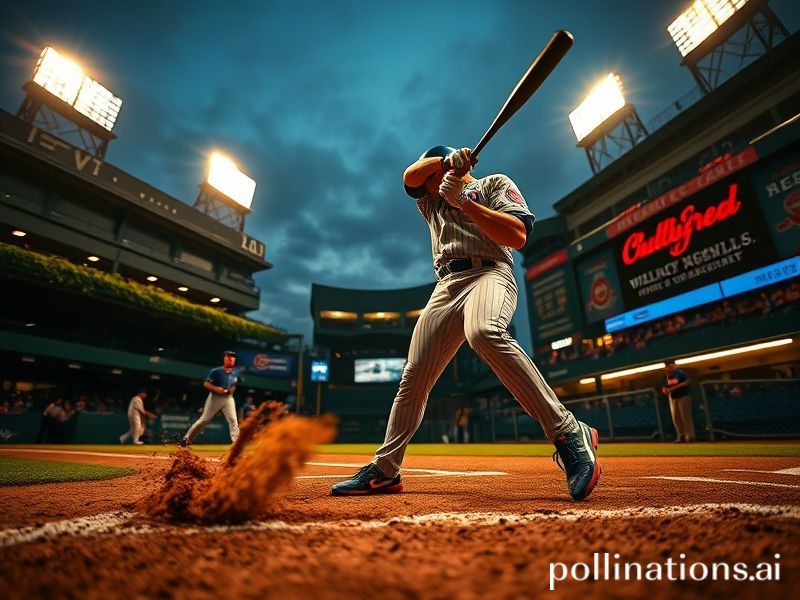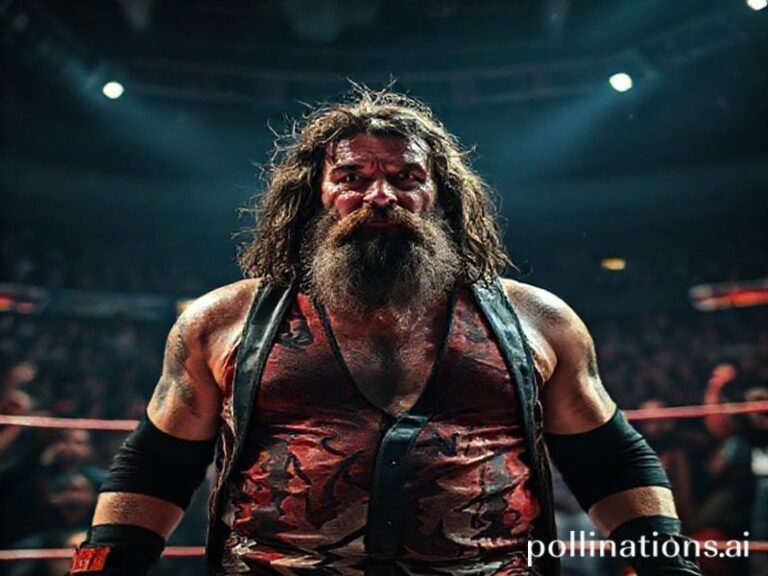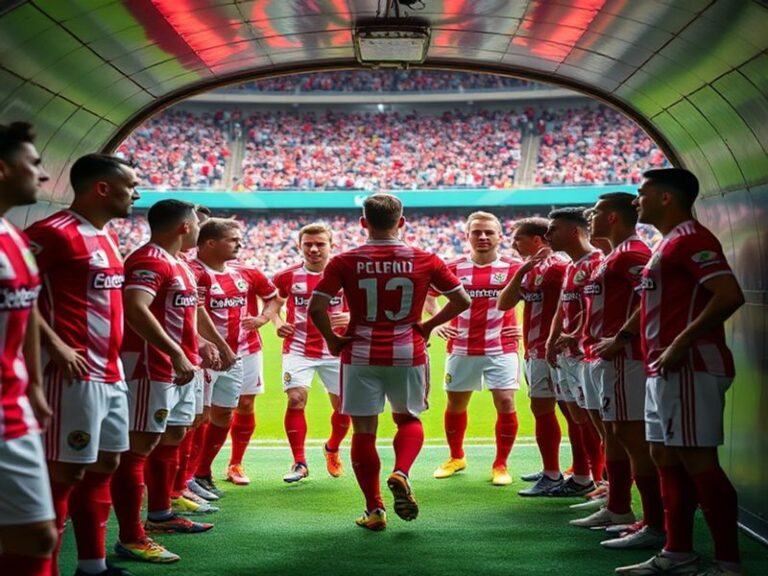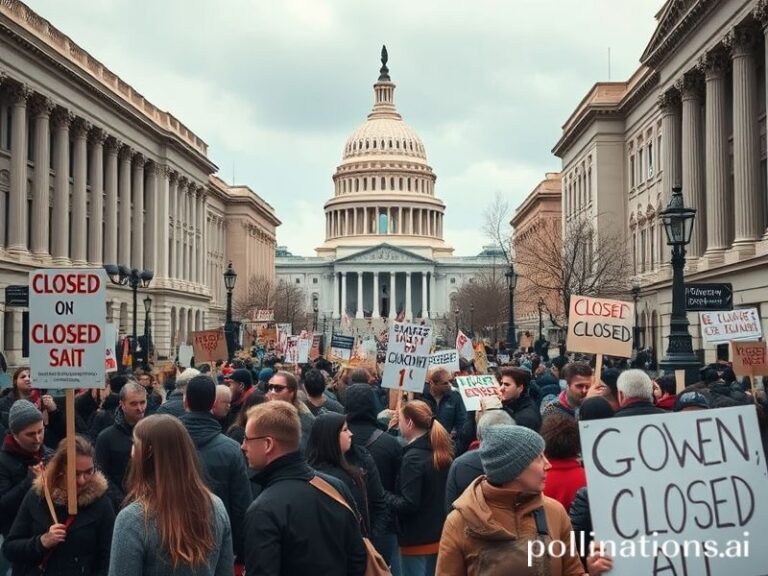From Chavez Ravine to Global Stage: How Michael Busch Became an Unlikely International Trade War Casualty
Michael Busch, First Baseman, Accidental Geopolitician
By Our Man in the Dugout, filed from Taipei at 3 a.m. because deadlines are the last empire that never crumbles
In the grand geopolitical casino, nations usually ante up with aircraft carriers, microchips, or, if you are feeling nostalgic, opium. So it is almost charming—like watching a hedge fund manager discover poetry—that the latest ripple in the world order emanates from a 26-year-old left-handed slugger named Michael Busch, newly exiled from Los Angeles to Chicago in exchange for two prospects whose names sound like failed boy bands. The Dodgers, that glossy Hollywood franchise that treats luxury-tax thresholds the way billionaires treat speed limits, decided Busch was surplus to requirements. The Cubs, a team historically allergic to spending money unless it’s on antique scoreboards, promptly installed him as their Opening Day first baseman. And just like that, a transaction scribbled on MLB letterhead becomes a parable of our age: talent is portable, capital is restless, and fans on three continents now refresh WAR projections as if they were exchange rates.
Let us zoom out, because Busch’s bat is merely the canary in a much larger coal mine, and the mine is global. In Seoul, insomniac sabermetricians debate whether Busch’s 92nd-percentile exit velocity can compensate for a launch angle that occasionally sends baseballs into low-Earth orbit—useless unless you are trying to blind a spy satellite. In Caracas, a teenage infielder named Luis—who has never seen a major-league game without a VPN—watches grainy YouTube clips of Busch’s swing and recalibrates his own, convinced that a .270/.350/.500 line in Iowa translates into a signing bonus large enough to bribe the local power company for a whole week of uninterrupted electricity. Meanwhile, in London, currency traders half-listen to a Bloomberg anchor mumbling about “option years” and wonder, bleakly, if Busch’s pre-arbitration salary might buy a parking space in Knightsbridge.
The Cubs, of course, insist this is not just baseball but civic renewal. They have rebranded Wrigleyville as “experiential urbanism,” which is corporate argot for charging $14 for a beer and calling it culture. Busch, polite Midwestern boy with a swing that could strip paint, smiles for the cameras and says all the right things about “opportunity” and “the fans”—translation: please ignore the surveillance drones overhead and the algorithm that priced my jersey at 129.99 euros on MLBShop.eu. Somewhere in Shenzhen, a factory retools to stitch “BUSCH 34” on baby-blue infant onesies; the irony that a player traded for “future considerations” now has his name considered by futures markets is apparently lost on absolutely no one.
International relations professors—those lonely cartographers of chaos—could learn a thing or two from the trade deadline. Sovereignty, after all, is just a no-trade clause written in blood and parchment. Busch had none; ergo, he is now property of the Ricketts family, who also dabble in American political funding like Renaissance popes with better Wi-Fi. The same week Busch packed his Dodgers duffel, a European energy firm sold a Baltic pipeline stake to a Qatari fund; the headlines were adjacent in the Financial Times, separated only by a glossy ad for a Swiss watch that costs more than Busch’s monthly rent. Different leagues, same rule: liquidity devours loyalty.
And yet, there is something stubbornly human in the spectacle. Watch Busch turn on a 96-mph fastball and you remember that physics remains beautifully indifferent to passport control. The crack of the bat translates across languages; a home run in Des Moines travels 450 feet in any dialect. For three hours a night, the planet’s grinding anxieties—climate, war, whatever Elon tweeted—pause while a white sphere arcs through the sky like a sarcastic prayer. Busch rounds the bases, unwitting diplomat of kinetic hope, and 30,000 people forget, briefly, that their pensions are worth less every fiscal quarter.
When the dust settles, Busch will either become a cornerstone or trade bait again, because the only constant in baseball, as in life, is the next transaction. The Cubs will sell hope by the pint; the Dodgers will reload like a Bond villain restocking the shark tank. And somewhere, a kid in Lagos who just discovered Statcast will measure his own swing against Michael Busch’s, unaware that he is participating in the same global supply chain of dreams, stitched, priced, and shipped just-in-time for the apocalypse. Play ball.







